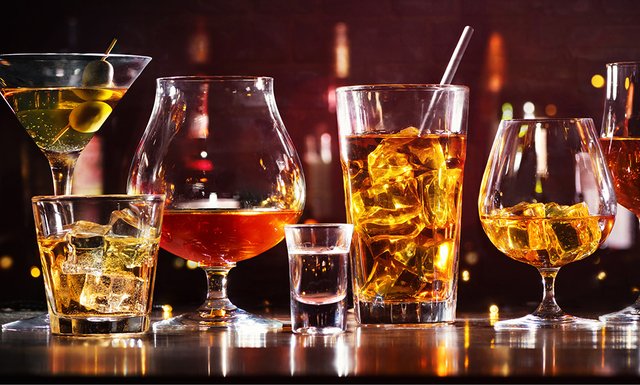Alcohol history
The history of alcohol dates back thousands of years, with evidence of fermented beverages found in ancient civilizations. Here’s an overview:
Prehistoric and Ancient Times
• Earliest Evidence: Alcohol production dates back to around 7000 BCE in China, where residue from a fermented beverage made of rice, honey, and fruit was discovered.
• Egypt and Mesopotamia: By 4000 BCE, ancient Egyptians and Mesopotamians were brewing beer and making wine. These beverages were used in religious rituals, medicine, and daily life.
• Greece and Rome: Wine culture flourished, with Greeks viewing it as a gift from the god Dionysus. Romans continued this tradition, integrating wine deeply into their social and religious customs.
Middle Ages
• Distillation: The process of distillation was refined, leading to the creation of spirits. Arab alchemists were instrumental in advancing distillation techniques.
• Monastic Breweries: In Europe, monasteries became centers for brewing beer and making wine, ensuring quality and consistency.
Early Modern Period
• Colonial Expansion: Alcohol became a key trade commodity. Rum production in the Caribbean, fueled by the transatlantic slave trade, became central to colonial economies.
• Gin Craze: In 18th-century England, cheap and widely available gin led to social problems, prompting government intervention.
Modern Era
• Prohibition: In the 20th century, movements against alcohol consumption led to prohibition laws in several countries, most famously in the United States (1920–1933).
• Industrial Production: Advances in technology and chemistry improved the efficiency of alcohol production, making it more accessible worldwide.
• Cultural Integration: Today, alcohol is a significant part of many cultures, though its consumption is often regulated due to health and social concerns.
If you’d like more detail about a specific period or aspect of alcohol’s history, let me know!
